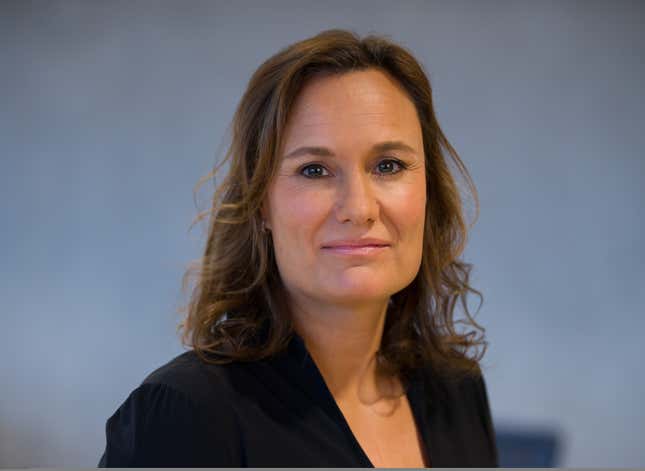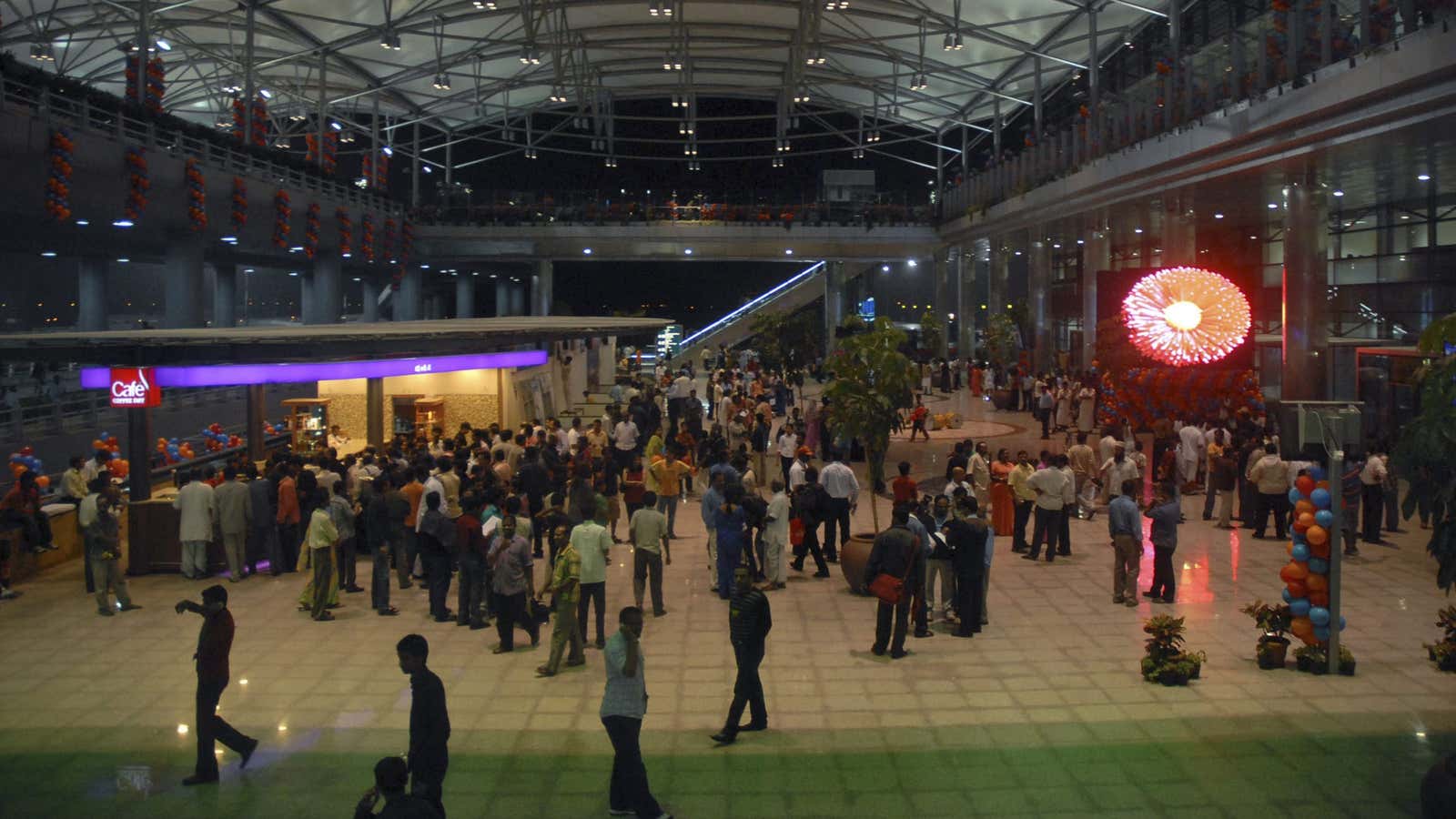There was a time when buying a house was an Indian’s biggest aspiration. Today, it is travel.
And riding this wave is India’s travel industry, which contributed nearly 10% to the country’s GDP in 2018. It is also among the largest employers in the services sector.
But as it prepares to become a $48 billion (Rs3 lakh crore) industry in India by 2020, the travel sector must now look at how technology is transforming tourism, and the traveller’s behaviour. One outcome of this is that travel has now become increasingly globalised, but truly local and unique experiences in faraway destinations are both possibilities and priorities for a traveller.
“The fact is that people are making trips further away and are making more trips,” Gillian Tans, chairwoman of Booking.com, told Quartz. “When I was young my parents would take me camping in France or maybe to Scotland. But now, I take my kids to Asia.”
India, by all estimates, is an important market for Booking.com, the Netherlands-based digital platform for booking hotels, homestays, hostels and other stay options. It has 880,000 listings across 23 property types here. The country is also Booking.com’s fastest-growing market in the alternative accommodations segment in terms of supply growth, which grew by 68% in 2017-2018.
Tans spoke to Quartz about the future of travel, the growing conversation around sustainability, and the top trends driving the Indian travel industry. Edited excerpts:
Is India’s travel industry a crowded market to operate in?
It’s a competitive market and that’s not any different than markets in other parts of the world. There’s a lot of competition in the travel sector and it’s always been the case, so we’re quite used to that. India has many players, but it is also a growing market. Don’t forget that the travel and tourism industry is very big, and contributes to 10% of the GDP worldwide. So there are always going to be a lot of companies.
What is the fastest-growing travel trend in India?
In India, staycation is a very fast-growing segment. That is something that has matured more in India than in Europe. People are also big on taking shorter trips.
India is a very price-sensitive market. Does that prove to be a challenge?
I think in Asia, and even elsewhere, customers are very price sensitive. I don’t see any difference between the Netherlands and India. But one experiences a lot of activity around couponing that may not be to that extent in Europe.
What to you is the future of travel?
This can mean a lot of things, and there are different aspects of the future of travel. If you think about the future of travel for Booking.com, it has changed over time. We started off by offering only hotels and then we slowly started to offer many more categories. Today, we have over 30 categories that customers can choose from.
Consumer behaviour is also changing. Consumers actually like a very authentic and local experience. That trend is growing, and I think in the future it will even become more prominent.
Here in India, people like to book farm stays in rural areas to really experience the authentic and local culture. On Booking.com in India, we have over 800,000 listings, of which 140,000 are in apartments, homes, and other unique places to stay.
How will technology change the way people travel?

Technology is already playing a big role in travel and in the future it will play an even bigger one. You already saw the change that mobile brought where customers are actually traveling with their app, so they’re much more flexible to book last minute. One sees a change where customers might book the first hotel, and then they travel with the app. We have observed much shorter booking windows of customers, which is the same for India as well.
The third trend is that customers are becoming much more aware. Travellers really want to book sustainable choices. Increasingly, technology will help much more throughout the trip.
For instance, technology is now also about helping the traveller choose the destination. Today, we can offer suggestions to customers that technology-wise was not all that easy in the past. But because of machine learning and AI, travel is becoming much more personalised and, therefore, it is easier and faster for customers to find what they’re looking for.
The climate change rebellion that began in Europe has also rallied against air travel for causing pollution. Do you think sustainability is a key trend in travel?
People are becoming much more aware and want to make sure that they’re able to book a sustainable choice. So we did a research around consumers and 71% want to be able to find sustainable choices on platforms. We also understand the need in the travel industry to work together to make sure that we get standards on sustainability. One trip alone can have so many companies involved, so many elements, and there needs to be cooperation. That’s why Booking.com has been very active in sustainability for quite some time and we bring out sustainability reports every year.
One hears of women in tech and business, but not specifically in the travel industry. Why is that?
You often come across a lot of women in the travel industry. They are probably better represented in the travel industry than technology, so you don’t hear about it. But also in travel, you see that there are similar issues like other industries. If you go up the ladder, there are fewer and fewer women in leadership. For instance, there are so few women general managers across the world.
